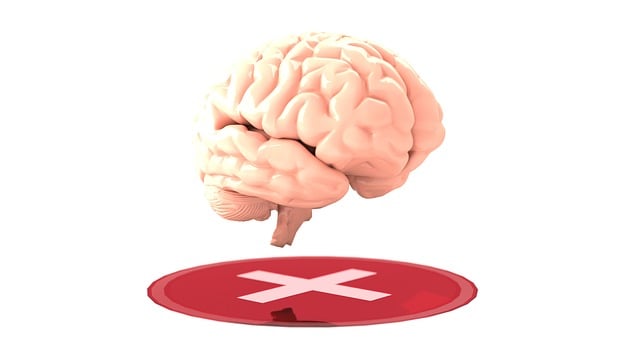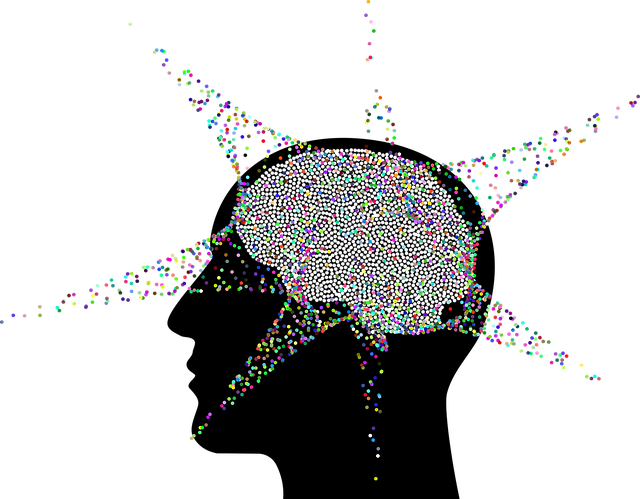Lone Tree Postpartum Depression Therapy offers a specialized, compassionate approach to addressing PPD, focusing on tailored interventions and community support. Integrating public awareness campaigns reduces stigma, while risk management planning ensures therapists are equipped for complex cases. Harm minimization strategies like mindfulness and cognitive-behavioral therapy are central, along with cultural sensitivity and burnout prevention. A comprehensive risk assessment plan considers literature, client history, and self-care practices to develop proactive interventions. Community engagement, through partnerships and local initiatives, provides vital support for long-term PPD recovery.
Risk assessment and harm minimization planning are crucial components of mental health support, especially in isolated communities. This comprehensive guide explores the unique approach of Lone Tree Postpartum Depression Therapy, focusing on identifying risk factors specific to remote areas. We delve into the effectiveness of harm minimization strategies and provide a step-by-step plan for implementing risk assessment. Additionally, we highlight community engagement and available resources for long-term support, offering valuable insights for those navigating postpartum depression in isolated settings.
- Understanding Lone Tree Postpartum Depression Therapy: A Unique Approach
- Identifying Risk Factors for Postpartum Depression in Isolated Communities
- The Role of Harm Minimization Strategies in Mental Health Support
- Creating a Comprehensive Plan: Steps to Implement Effective Risk Assessment
- Community Engagement and Resources for Long-Term Support and Recovery
Understanding Lone Tree Postpartum Depression Therapy: A Unique Approach

Lone Tree Postpartum Depression Therapy offers a unique and specialized approach to addressing postpartum depression (PPD), a condition that can significantly impact new mothers’ lives. This therapeutic method recognizes the challenges faced by women experiencing PPD, often exacerbated by feelings of isolation and a lack of support networks. By focusing on empathy building strategies, therapists create a safe space for mothers to express their emotions freely. The approach involves tailored interventions designed to enhance coping mechanisms and promote healing.
Integrating public awareness campaigns development within this therapy model can further empower at-risk individuals. Educating the public about PPD symptoms and available support services encourages early intervention and reduces stigma. Additionally, risk management planning for mental health professionals plays a crucial role in ensuring therapists are equipped to handle complex cases effectively while maintaining their well-being.
Identifying Risk Factors for Postpartum Depression in Isolated Communities

In isolated communities, identifying risk factors for postpartum depression (PPD) is a critical step in implementing harm minimization strategies. The lack of access to social support networks and healthcare services can exacerbate emotional vulnerabilities among new mothers. Studies show that feelings of loneliness and isolation are significant predictors of PPD, with the ‘lone tree’ metaphor often used to describe the experience of these mothers. This sense of being cut off from community support can lead to a cascade of negative emotions, affecting mental health and overall well-being.
Specific risk factors in these settings may include limited access to cultural or traditional practices that foster emotional healing, such as compassion cultivation and self-awareness exercises. In the absence of strong social connections, these practices could provide a crucial coping mechanism for managing stress and preventing PPD. Incorporating evidence-based interventions like therapy sessions tailored to address PPD symptoms can be transformative for lone tree postpartum mothers, offering them tools to navigate their emotional landscapes and cultivate resilience.
The Role of Harm Minimization Strategies in Mental Health Support

Harm minimization strategies play a vital role in mental health support, especially for vulnerable populations like new mothers experiencing postpartum depression. These strategies focus on reducing the impact of negative experiences and promoting resilience, offering a supportive safety net for those facing emotional challenges. By integrating techniques such as mindfulness, cognitive-behavioral therapy, and social support networks, Lone Tree postpartum depression therapy can effectively address symptoms while fostering recovery.
Incorporating burnout prevention methods, confidence-boosting activities, and cultural sensitivity in mental healthcare practice ensures tailored care. These approaches not only alleviate immediate distress but also empower individuals to develop coping mechanisms, build resilience, and navigate future stressors. Through a comprehensive harm minimization plan, mental health professionals can offer proactive support, enabling clients to lead healthier, more fulfilling lives.
Creating a Comprehensive Plan: Steps to Implement Effective Risk Assessment

Creating a comprehensive risk assessment plan is a pivotal step in ensuring effective harm minimization, especially in mental health practices, such as Lone Tree Postpartum Depression Therapy. It involves a systematic approach to identify, evaluate, and mitigate potential risks that could negatively impact clients’ well-being. The process begins by conducting a thorough review of existing literature and guidelines related to postpartum depression (PPD) and other relevant mental health concerns. This initial step provides a foundation for understanding the unique challenges and triggers associated with the condition.
Subsequently, engaging in an extensive client assessment becomes crucial. Mental health professionals should gather comprehensive information about clients’ histories, current circumstances, and previous experiences with therapy or support systems. By incorporating self-care practices into this evaluation, professionals can gain insights into individuals’ coping mechanisms and emotional regulation strategies. This holistic approach to risk management planning allows for the development of tailored interventions and proactive measures that address both immediate concerns and long-term well-being, ultimately enhancing the quality of care provided by Lone Tree Postpartum Depression Therapy services.
Community Engagement and Resources for Long-Term Support and Recovery

Community engagement plays a pivotal role in supporting individuals with postpartum depression (PPD) and fostering long-term recovery. It involves creating networks and partnerships within local communities to enhance access to resources, raise awareness about PPD, and reduce stigma. By engaging community leaders, healthcare providers, and support groups, individuals facing PPD can benefit from a range of services tailored to their specific needs. These initiatives ensure that those experiencing PPD receive not only clinical care but also social and emotional support, fostering a sense of belonging and encouraging recovery.
Long-term support for PPD often requires a comprehensive approach, and community resources are instrumental in achieving this. Local support groups, peer mentoring programs, and community-based therapy sessions can provide ongoing assistance, enhance coping strategies, and boost confidence. These resources not only address the immediate needs of individuals with PPD but also empower them to develop resilience, prevent burnout, and maintain mental well-being. For instance, Lone Tree postpartum depression therapy centers often collaborate with local organizations to offer integrated services, ensuring a holistic approach to care and recovery.
Lone Tree postpartum depression therapy, with its unique approach, can significantly benefit isolated communities. By identifying risk factors and implementing harm minimization strategies, we can create a comprehensive plan for effective risk assessment and long-term mental health support. Community engagement is vital to ensuring resources are accessible and sustainable, fostering recovery and resilience among those vulnerable to postpartum depression.













